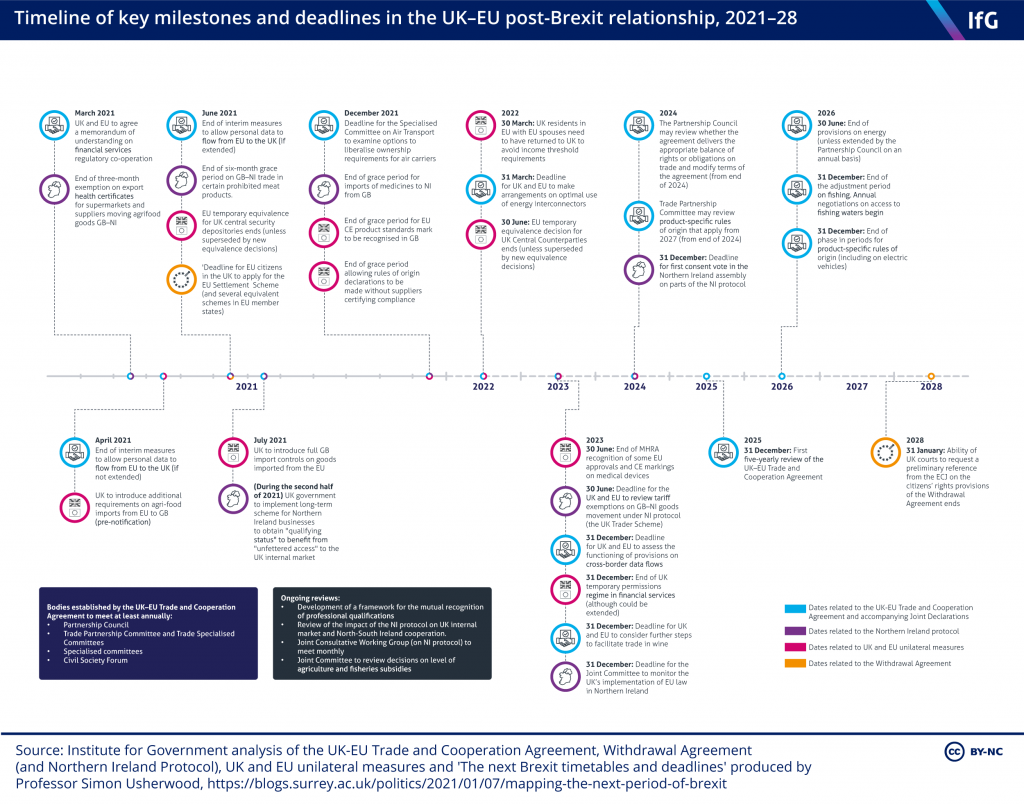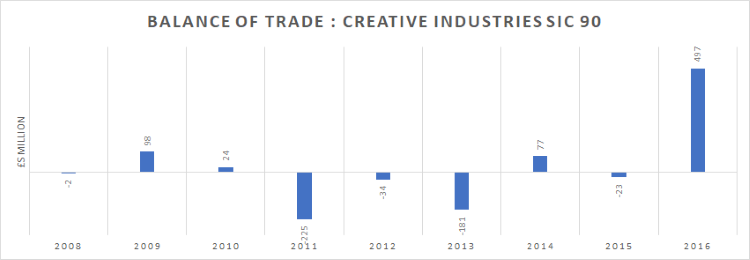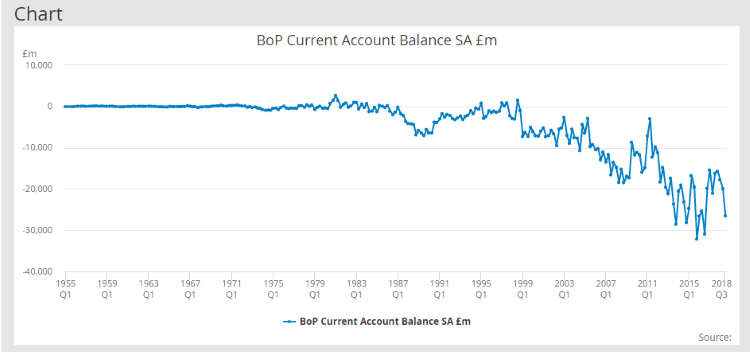Who’d have thought it? After threatening a no-deal Brexit to protect Britiain’s fishing industry, we discover that the goal would seem to have been to make Britain’s fish happy! FFS! The inconvenient truth is that most of the fish caught in British waters are sold in the EU and given the need for more paperwork at the border, the industry is having such severe difficulty in getting their fish to market that they are keeping the boats in port to save the quota until a time when they can sell what they catch. It seems, however, we still have time and resources to chase the Irish away from Rockall. It may not just be fishing, the LSE predicts that UK Exports to the EU will fall by ⅓, total trade by 13% and GNI by 6%.
There is a murmur of evidence that, what economists call, increased friction at the border is causing supply chain disruption for the super-markets and there are coming shortages in the shops, it could of course just be as people enter the new lockdown they stock up to minimise their visits to the shops but if it’s a customs check thing, then we should note that the UK imports half it’s food. In the words of Corporal Jones from Dad’s Army, “Don’t panic!”.
I am shocked at how fast it seems to be falling apart but can’t deny myself a bit of schadenfreude about the fish but any lost job is shame and will impact the workers and their families and I remember that offshore fishing is the most dangerous job in the country. I wonder when Richard Corbett and Seb Dance will be calling for us to rejoin and whether real industry will join them.
But Labour’s front bench have hitched their fortunes to making the Brexit deal work. Too late to do any good electorally, and too early to avoid the coming shit storm. We are telling our remaining core vote to once again, concede political and moral space to people who don’t support us; given a choice between blue labour and red clydeside, Starmer’s Labour has made its choice and we’ll have to see if it’s the right one. …









